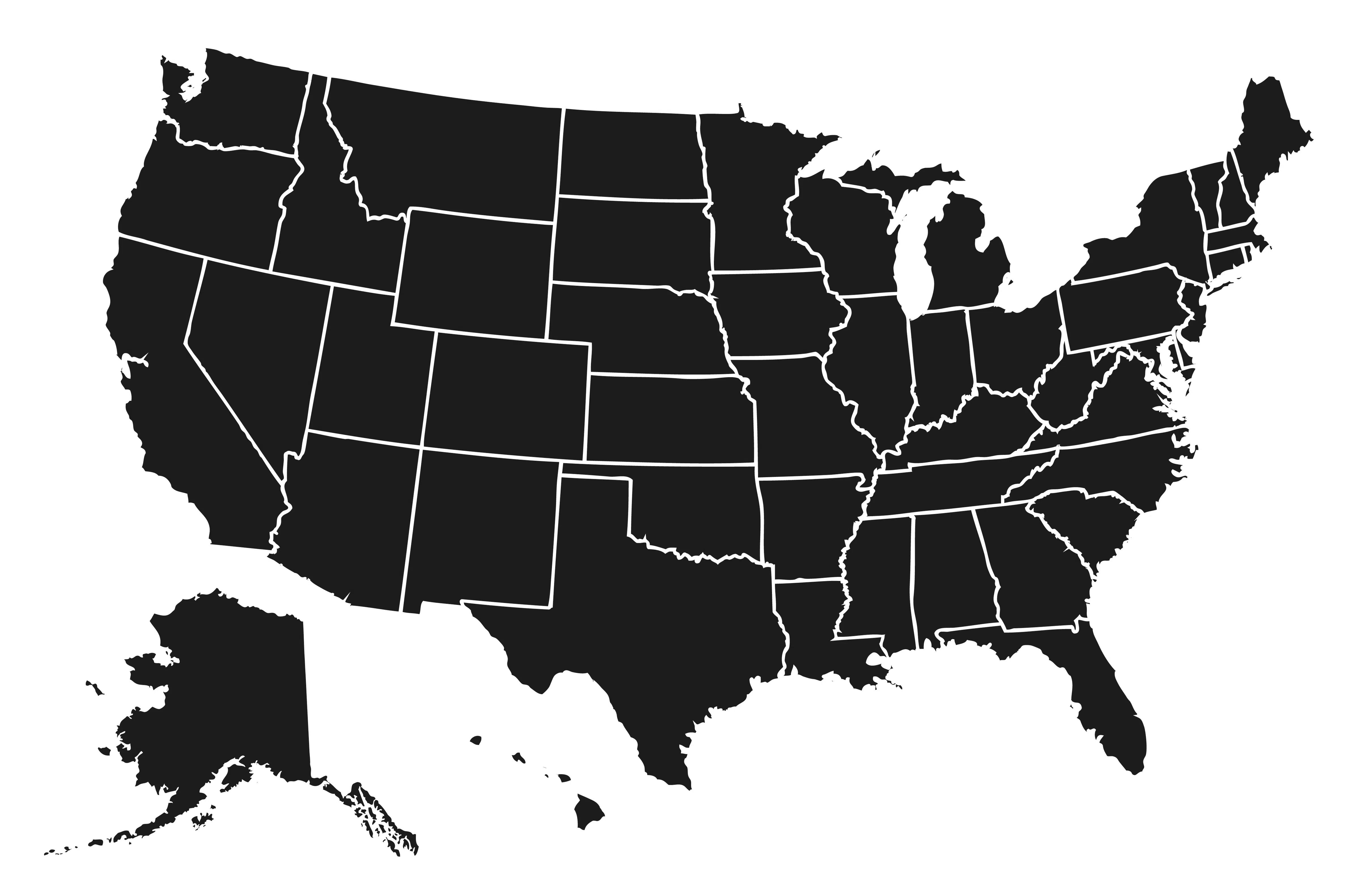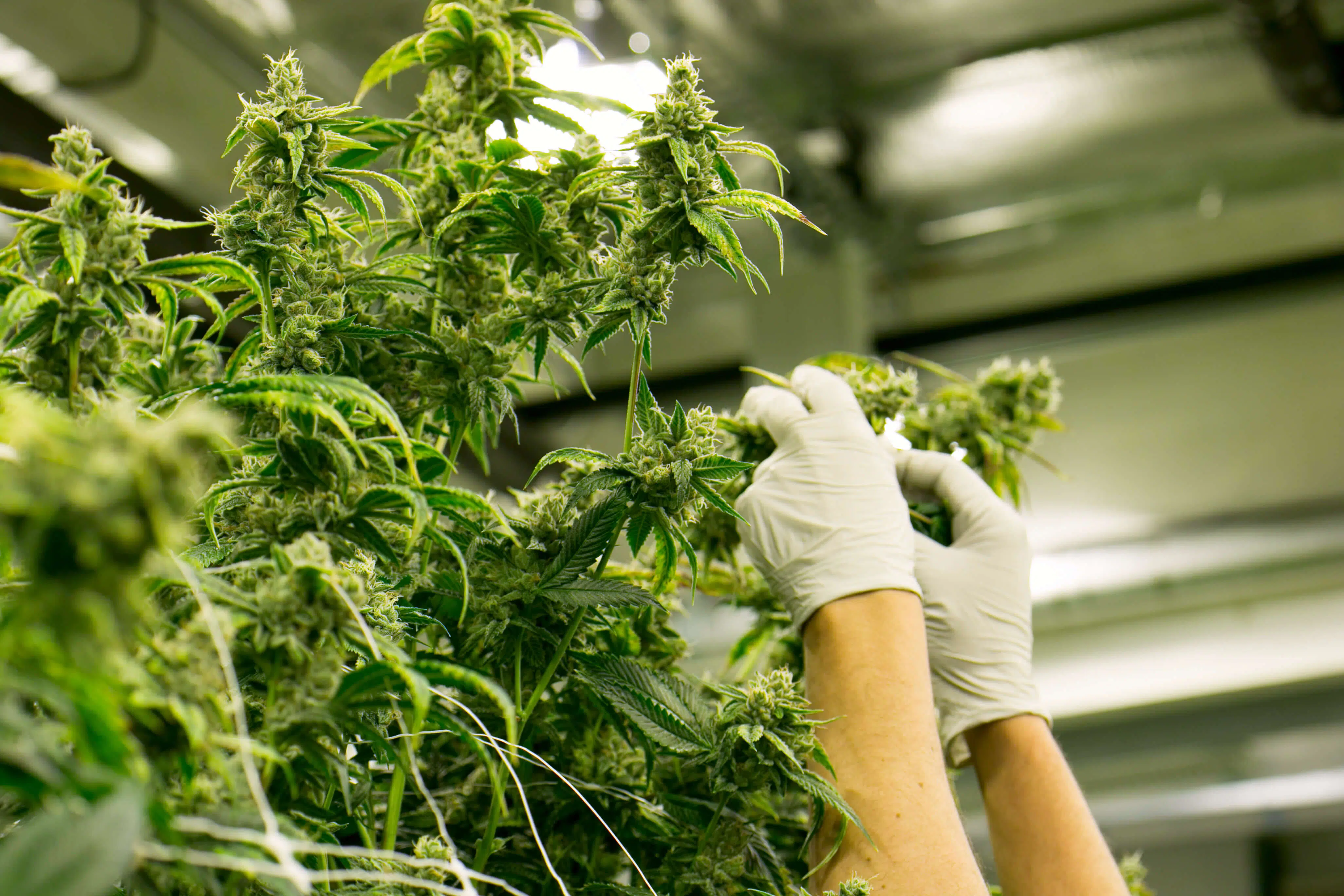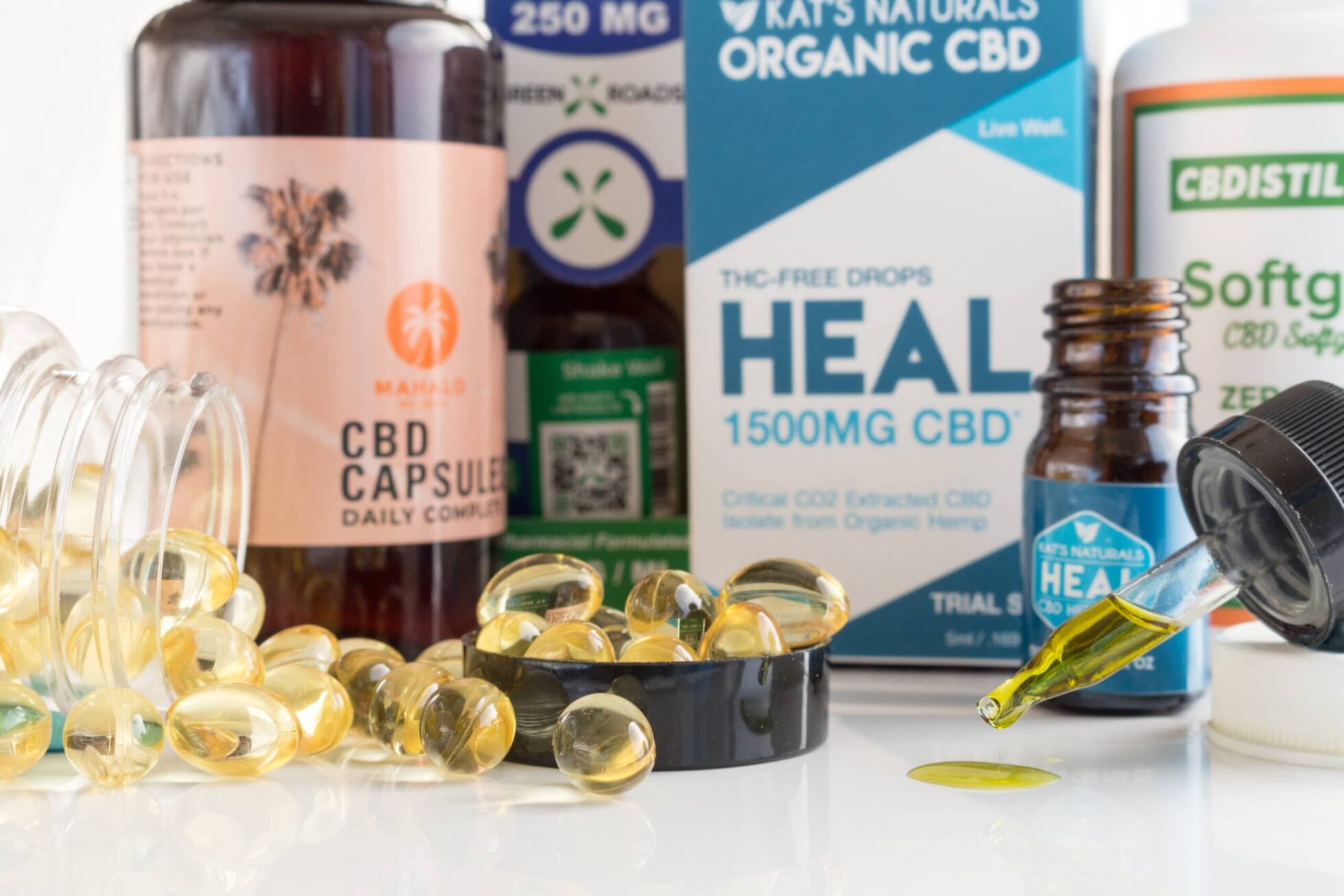-
- Market Research
- |
- CBD Near Me
- |
- Giveaways
- |
- Newsletter
- |
- Contact
- |
- Advertise
- |

After a polarizing debut in 2021, synthetically derived delta-8 THC is currently being addressed by multiple state legislatures.
The close analog of delta-9 THC was embraced by some CBD and cannabis brands as a means for a “legal high,” while others gave the compound a wide berth.
The US Hemp Roundtable believes that “intoxicating compounds like D8 should be regulated like other adult-use cannabis products, while the open retail marketplace should be limited to non-intoxicating hemp.”
As the rift between pro- and anti-delta-8 brands grew last year, we saw a number of states with existing adult-use cannabis legislation adopt this approach.
As for states that did not have an existing infrastructure for regulating adult-use cannabis, such as Oklahoma, South Dakota, and Tennessee, we’re now seeing unique pieces of legislation being drafted to address delta-8 THC.
Here’s a quick breakdown of each of these three approaches:
Oklahoma
The Oklahoma Legislature is taking a forgiving approach to delta-8 THC with SB 1338, which would essentially lump delta-8 THC into the definition of hemp, exempting it from their legal interpretation of marijuana.
South Dakota
South Dakota is taking a starkly contrasting approach, attempting to criminalize delta-8 THC. More broadly, HB 1054 would criminalize the “isomerization of cannabinoids to make isomers of THC, CBD, or any other cannabinoid.” In other words, they don’t want manufacturers artificially tinkering with naturally derived cannabinoids to produce delta-8 or any other “close cousins,” presumably for the health risks and lack of safety profile knowledge associated with cannabinoids produced this way.
Tennessee
Finally, Tennessee is landing somewhere in between these two extremes, restricting the sale and consumption of delta-8 THC to adults only, similar to alcohol and tobacco products. In order to regulate delta-8 and other synthetically derived cannabinoids, HB 1690 would create a category that separates this group from naturally occurring cannabinoids like CBD, CBG, and so on.
We expect to see more developments occurring across more state legislatures when it comes to acknowledging and regulating this contentious cannabinoid and other isomers, and will report on those findings as they surface.







